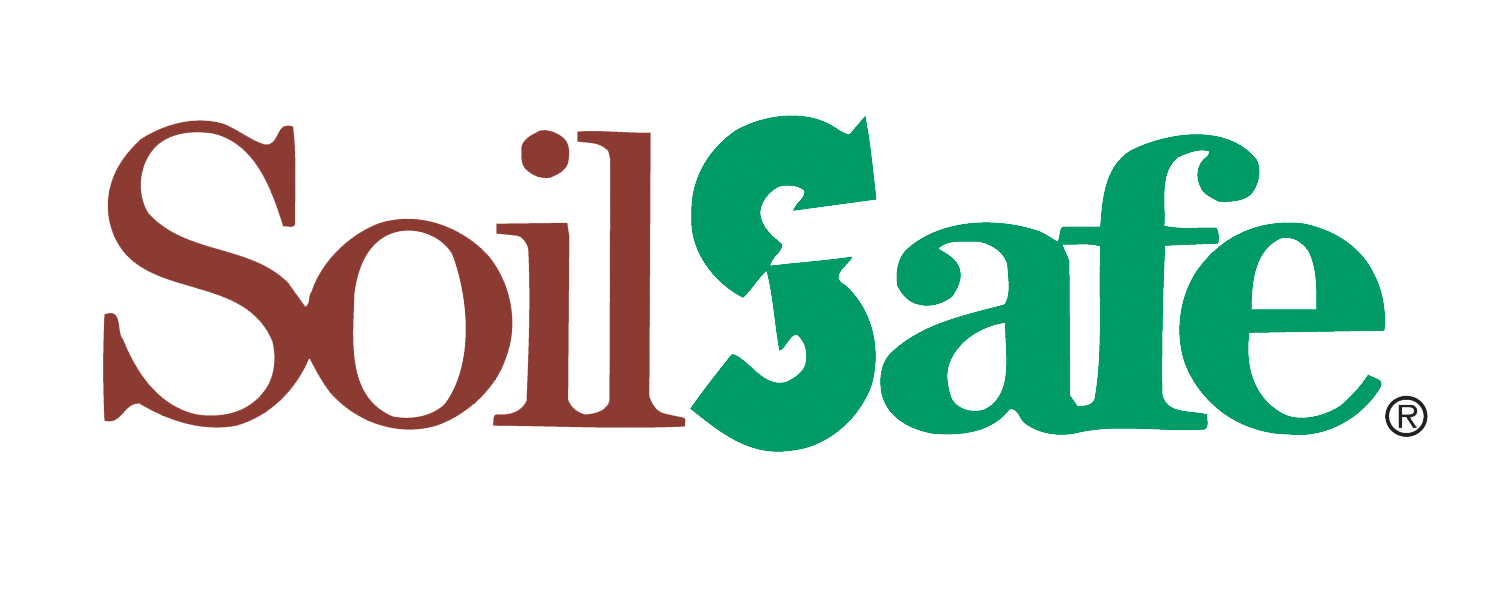Court upholds DEP-issued permits for Carteret site
Source: myCentralJersey.com
January 25, 2018
CARTERET - Three Superior Court appellate judges dismissed challenges in a lawsuit filed against the Department of Environmental Protection opposing the issuance of permits.
Raritan Baykeeper Inc., doing business as NY/NJ Baykeepers, opposed the DEP issuing permits in 2014 to Soil Safe, a Carteret-based soil recycling company performing a site remediation, and the property owner, Rahway Arch Properties.
The case, argued Oct. 17, 2017 in Newark and decided in late December, rejected claims made by the NY/NJ Baykeeper, in its effort, which began in 2011, to stop Soil Safe and Rahway Arch from undertaking soil recycling and remediation of the contaminated property at the state-approved facility in Carteret, according to a statement from Soil Safe.
The Superior Court judges unanimously sided with the state Department of Environmental Protection (DEP), which licensed the Class B recycling center, known as “Metro 12,” the statement said.
The judges, a panel of Joseph Yannotti, George Leone and Hany Mawla, wrote "that we affirm the grant of the Flood Hazard Are Individual permit and hardship exception to Rahway Arch."
The judges also wrote that "the Baykeeper argues that the DEP improperly disregarded the views of its technical staff members when it granted Rahway Arch's exception application. We disagree."
The court’s rejections of the Baykeeper’s charges also include that the DEP carefully considered the environmentally sensitive nature of the site, the DEP's findings were based on sufficient credible evidence in the record, and the DEP determined that the facility is a recycling center. Therefore, solid waste rules applicable to "beneficial use" do not apply.
In conclusion, the judges wrote that many of the Baykeeper’s arguments were addressed in earlier appeals, adding “Baykeeper's remaining arguments are without sufficient merit to warrant discussion in this opinion. We therefore affirm the DEP's action granting Soil Safe the Class B Recycling Center General Approval Permit.”
According to court documents, the site was the former home of American Cyanamid Company, later Cytec Industries Inc. (Cytec), which used the site from the 1930s to the 1970s for the disposal of about 2 million tons of sludge and other hazardous materials. Cytec attempted to remediate the site and in September 2000, the DEP determined that no further action was required for remediation at the site.
In 2010, Rahway Arch purchased the property and retained EastStar Environmental Group Inc. (EastStar) to conduct an environmental assessment. EastStar determined that the property was heavily contaminated with levels of hazardous materials that exceeded the DEP's standards for non-residential remediation and that the prior owner's remedial actions were no longer sufficient to protect the public health and the environment, court papers said.
In November 2011, EastStar informed the DEP of its findings and advised that Rahway Arch would begin its own remediation program. Primary responsibility for supervising site remediation was transferred from the DEP to EastStar. Rahway Arch also retained Soil Safe to implement the remediation plan.
In March 2012, Soil Safe submitted an application to the DEP for a permit to temporarily operate a Class B Recycling Center on the Rahway Arch property. In the application, Soil Safe indicated that the facility would receive Class B recyclable materials, including petroleum-contaminated soil from various other locations. Soil Safe would process the soil at the facility so it could be used as fill for remediation of the property.
In August 2012, EastStar issued a preliminary environmental assessment of the Rahway Arch site identifying 14 areas of concern, nine of which were in need of remediation. EastStar determined that the site was unusable and posed a safety hazard to the public and submitted a preliminary remediation action work plan (RAWP) to the DEP. The DEP's Site Remediation Program thereafter conducted a nine-month review of the preliminary proposed plan.
In July 2013, EastStar issued a final remidation plan and in November 2012, Rahway Arch submitted an application to the DEP for various permits required to implement the plan, including a Flood Hazard Area Individual Permit and a hardship exception to certain rules that the DEP promulgated pursuant to the FHACA.
On May 24, 2013, the DEP conditionally approved the application. The DEP later modified its approval and published a public notice that it had issued the conditional permit. Rahway Arch subsequently satisfied the permit conditions. Rahway Arch and Soil Safe also provided additional documentation and analysis to support the application.
The DEP later determined that Rahway Arch had satisfied the criteria for a hardship exception and on Feb. 24, 2014, issued a modified final Flood Hazard Area Individual Permit and hardship exception to Rahway Arch.
In addition, on June 2, 2014, the DEP granted the Class B Recycling Center General Approval Permit to Soil Safe for the Metro 12 facility. Baykeeper's appeals followed.
“There was never any doubt that all statutes, regulations and procedures were followed in preparation and issuance of the nearly two dozen approvals to operate a Class B recycling facility in Carteret," Mark Smith, president of Soil Safe, said in a statement.
In a statement, NY/NJ Baykeeper said "it is disappointed in the Appellate Court’s decision to affirm the Flood Hazard Area exemption and Class “B” Recycling Facility permit issued to Soil Safe by New Jersey Department of Environmental Protection (NJDEP)."
"There was great potential at the Rahway Arch site to allow for a proper remediation and restoration," the statement said. "This decision eliminates that potential and places the site, the river, and the surrounding area at risk indefinitely. While we appreciate the court’s deference to NJDEP as a state agency, we still argue that the NJDEP’s issuance of the Class B Recycling Permit was flawed and unsupported by the record."
NY/NJ Baykeeper also said it "strongly believes there should be more stringent guidelines in place for facilities accepting contaminated materials, especially when those facilities are located within Flood Hazard Areas or other similarly sensitive locations," as well as "stronger oversight in place for site remediation."
"NY/NJ Baykeeper will continue to monitor the progress at the Rahway Arch site as well as continue to hold NJDEP accountable to the people of New Jersey," the statement said.

